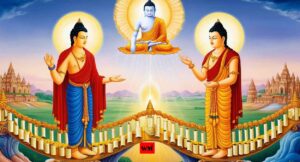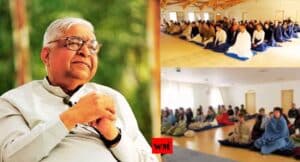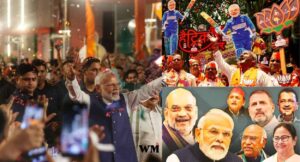J&K’s Transformation: From Bombs to Colleges, Modi Tells All
In a rousing speech laced with optimism, Prime Minister Narendra Modi visited Jammu to proclaim a new era for the once-troubled region of Jammu and Kashmir (J&K). The focus: accelerated development, a decisive break from the past, and the fulfilment of long-held aspirations. At the heart of his message was the assertion that the abrogation of Article 370, a controversial provision granting the region special status, has unleashed J&K’s true potential.
Modi’s Vision: A Transformed J&K
Addressing a large crowd in Jammu, PM Modi painted a contrasting picture of J&K’s past and present. He described a region once held hostage by terrorism, separatism, and the self-serving politics of a few powerful families. Today, he declared, J&K is on a trajectory of development, education, and social justice – a stark departure from the stagnation he attributed to seven decades of “dynasty politics”.
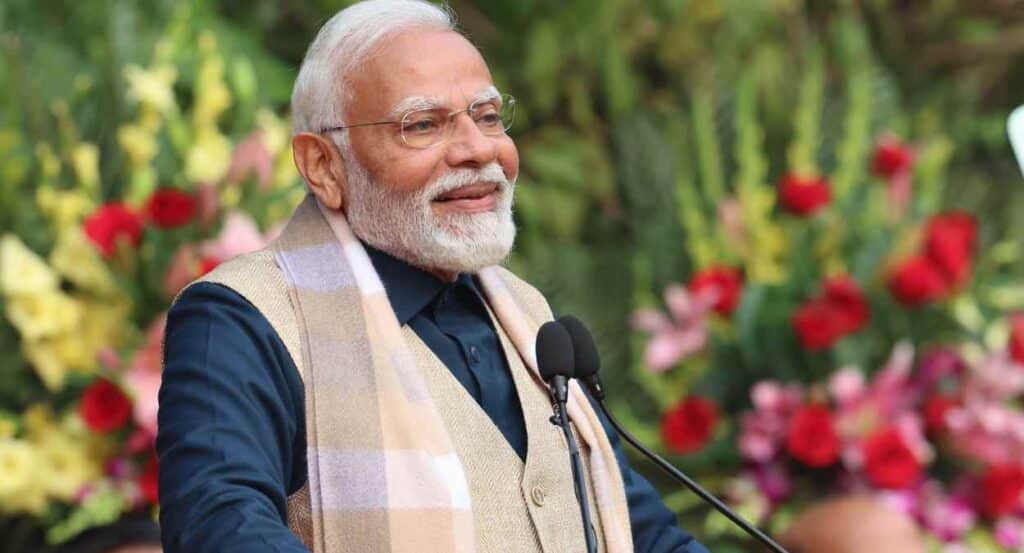
Modi’s speech highlighted a range of initiatives underway, including:
- Infrastructure Boom: Projects worth ₹32,000 crore launched, including roads, railways, and J&K’s first electric train.
- Education Revolution: Two IITs, two new AIIMS (including the recently inaugurated AIIMS Jammu), a surge in medical colleges, and the expansion of nursing and paramedical training facilities.
- Social Justice Advances: SC status for the Valmiki community, ST status inclusion for several groups, ensuring rights for women and refugees.
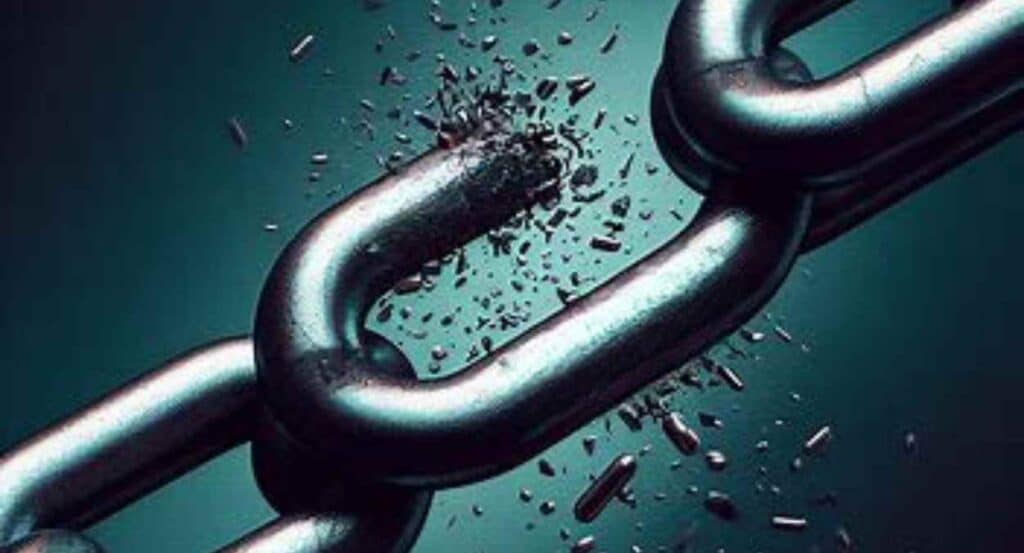
Article 370: “The Biggest Hurdle”
At the core of Modi’s vision is the idea that Article 370 acted as the single greatest barrier to J&K’s growth.expand_more Its abrogation in 2019, a bold move by the BJP government is credited with removing a “wall” and setting the stage for rapid progress.expand_more Modi promised that the unfulfilled dreams of the past 70 years would soon be realized, calling it “Modi’s Guarantee”.expand_more
The End of Dynasty Politics
The PM was unsparing in his criticism of the families that have dominated J&K politics for generations.expand_more Without naming names, he targeted parties like the National Conference (NC) and the Peoples Democratic Party (PDP), accusing them of prioritizing their own power over the people’s welfare. He expressed satisfaction that the people of J&K are now breaking free from “dynastic rule”.
Beyond Slogans: Tangible Benefits
Modi went beyond rhetoric, offering concrete examples of change:
- OROP for Soldiers: Fulfilling a long-standing demand of the armed forces, the BJP implemented the One Rank One Pension scheme, benefiting ex-servicemen in J&K to the tune of over ₹1,600 crore.expand_more
- Empowering Women: Modi called on India’s women to support his drive to create “lakhpati didis” (women entrepreneurs).expand_more He highlighted success stories like Kirti of Basohli, who leveraged government loans to expand her self-help group and build a thriving business.expand_more
- Global Interest in J&K: The PM noted keen interest from Gulf countries in investing in J&K, and the positive reception of the recent G20 meeting in Kashmir, pointing to a growing global recognition of the region’s potential.
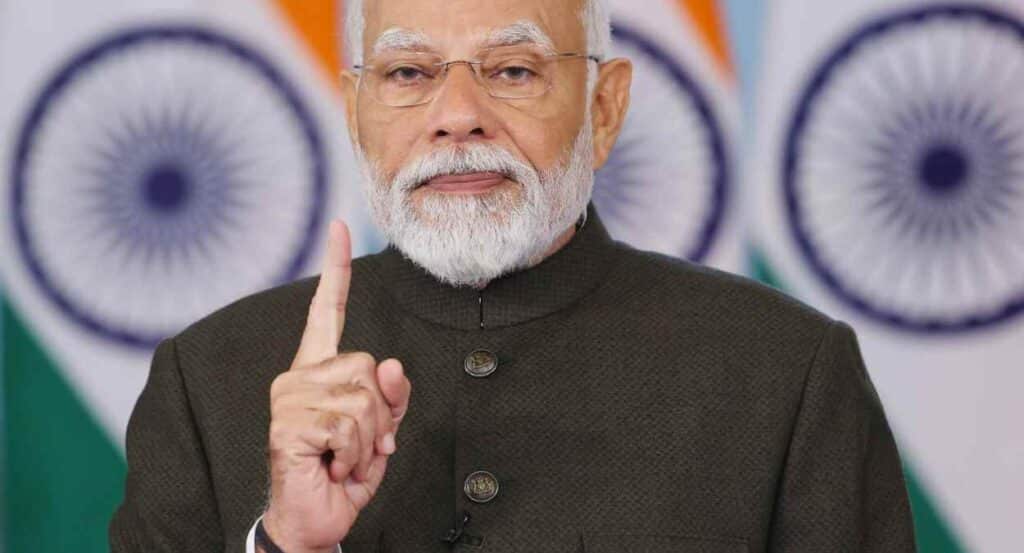
The Path Forward: Modi’s Appeal
The Prime Minister urged the people of J&K to place their trust in the BJP and its vision for a prosperous, forward-looking region. He called for a massive mandate in the upcoming general elections, aiming to secure 370 seats for the BJP and push the NDA alliance past the 400-seat mark. This, he argued, would ensure the continuation of J&K’s development journey.
Positive Outlook, International Implications
Modi’s speech exuded confidence in India’s rising global stature. He claimed that the nation was on track to become the world’s third-largest economy within the next five years. He linked this economic strength to J&K’s upliftment, citing benefits like free rations, housing, and sanitation for the underprivileged. He envisioned creating world-class infrastructure in the region that would make it even more attractive for tourists than Switzerland.
The PM’s vision for J&K has implications beyond India’s borders. With its history of conflict, stability in J&K is crucial for regional security. Enhanced development and infrastructure could boost cross-border trade and strengthen diplomatic relations with neighbouring countries.
Challenges and Considerations
While the BJP government presents a narrative of rapid progress, challenges remain. Security concerns persist, and some critics argue that the abrogation of Article 370 has eroded democratic processes in J&K. Ensuring inclusive development that benefits all communities within the region while balancing security needs will be a key test for the government going forward.
FAQs
Q. What is Article 370?
- A. Article 370 was a provision in the Indian constitution that granted a special autonomous status to the former state of Jammu and Kashmir (J&K). This included its own constitution, a separate flag, and independence on most matters except foreign affairs, defense, and communications. It was abrogated in 2019, becoming a highly debated topic.
Q. Has development in J&K improved since Article 370’s abrogation?
- A. The response to this is mixed. The Indian government argues that development has accelerated since the abrogation, citing new infrastructure projects, investment initiatives, and improvements in education. However, critics counter that the move has undermined local democracy and led to heightened tensions in the region.
Q. What is dynasty politics, and how did it impact J&K?
- A. Dynasty politics refers to the situation where political power remains concentrated within a few families over multiple generations. In J&K, families like the Abdullahs and Muftis have held significant political influence for decades. Critics, including Prime Minister Modi, argue that such dynastic rule has contributed to corruption and a lack of development in the region.
Q. What are the long-term implications of revoking Article 370?
- A. The long-term implications of revoking Article 370 remain uncertain and are a topic of ongoing debate. Some potential consequences include:
- Increased integration with India: J&K is now more fully integrated into the Indian legal and administrative system.
- Potential changes in demographics: The removal of restrictions on land ownership could lead to an influx of people from other parts of India, possibly altering the region’s demographic makeup.
- Security concerns: The revocation has intensified tensions in the region, and there are ongoing concerns about potential unrest and violence.
Conclusions
PM Narendra Modi’s visit to Jammu served as a powerful declaration of his government’s commitment to Jammu and Kashmir’s development. His speech emphasized progress since the abrogation of Article 370, the end of “dynastic politics”, and a future defined by infrastructure, education, and social justice. While challenges remain, Modi’s rhetoric projects an image of a resurgent J&K, ready to claim its place as a thriving and peaceful part of India.
Disclaimer: This blog post is the original work of the author(s) of Wini Media. It is intended for informational purposes only and should not be taken as professional advice.
Also Read :
Sora: OpenAI’s Revolutionary AI Generates Hollywood-Caliber Videos Instantly
India Issues “Update Now” Warning for Millions of Google Chromebook Users In 2024
NASA Discovers A New ‘Super Earth’ in the Habitable Zone At Just 137 Light Years














